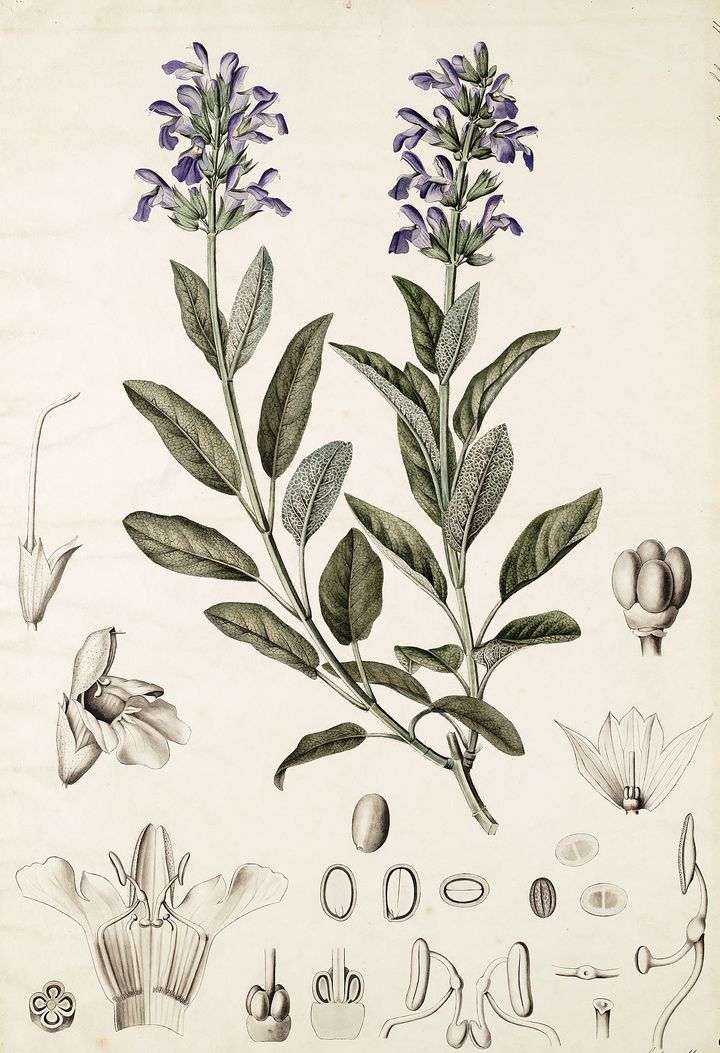Maca Root: History, Effects, and Application

The maca root, scientifically known as Lepidium meyenii, is a remarkable plant native to the Andes of Peru and Bolivia. It is an essential food and medicinal item that has been utilized by the indigenous peoples of these regions for millennia. In this article, we will explore the fascinating history of the maca root, its diverse health benefits, and its application methods.
History of Maca Root
The maca root has been cultivated and used in the Andes since around 2000 B.C. It served as a crucial food source and a sacred element in ritual ceremonies. The Incas, the largest civilization in pre-Columbian America, regarded maca as a gift from the gods and used it not only as food but also as medicine. They believed that maca could enhance physical and mental performance and improve fertility.
With the Spanish conquest of Peru in the 16th century, maca also became known in Europe, where it was appreciated for its medicinal properties. Today, maca is recognized globally for its nutritional and health benefits and is marketed in the form of powder, capsules, and tinctures.
Health Benefits and Effects of Maca Root
The maca root is rich in proteins, fiber, vitamins (like vitamin C, B vitamins), and minerals (like calcium, copper, iron, and zinc). It also contains various plant compounds, including sterols and isothiocyanates, which have various health benefits.
Energy and Endurance
Maca is known for its ability to boost energy and endurance. It is often referred to as "natural doping" because it can enhance physical performance. This makes it a popular supplement among athletes and fitness enthusiasts.

Hormonal Balance
Maca is often referred to as an "adaptogen," meaning it can help the body adapt to stress. It has shown to balance the hormone system and improve the health of the adrenal glands, thyroid, and pancreas. This can help regulate hormonal balance and alleviate symptoms of hormonal imbalances such as PMS, menopause symptoms, and infertility.
Sexual Health
The maca root is perhaps best known for its effects on sexual health. It can both boost libido in men and women and increase sperm count and motility in men. It can also help alleviate the symptoms of erectile dysfunction and improve fertility in women.

Cognitive Function
Some studies have shown that maca can enhance cognitive function, particularly learning and memory. This could be due to the high amounts of antioxidants in maca, which can help protect brain health and prevent cognitive decline in old age.
Application of Maca Root
The maca root can be consumed in various ways. Traditionally, it is eaten cooked or roasted, similar to sweet potatoes. Nowadays, however, maca is most commonly available in powder form, which can be mixed into smoothies, yogurt, or oatmeal. It can also be taken as a supplement in capsule or tincture form.
It's important to note that maca is a very potent food and should be consumed in moderate amounts. The recommended dosage is usually between 1 and 3 grams per day. When taking maca, it is advisable to start with a smaller dosage and slowly increase it to see how the body reacts.
It's also important to note that people with thyroid issues should be cautious with maca as it contains goitrogens, substances that can interfere with thyroid function when consumed in large amounts.
Recipe: Maca Smoothie
One of the easiest and tastiest ways to incorporate maca into your diet is a maca smoothie. Here is a simple recipe you can try:
Ingredients:
- 1 banana
- 1/2 cup of frozen berries -1 cup of almond milk (or other plant milk)
- 1 teaspoon of maca powder
- 1 teaspoon of honey or maple syrup (optional)
Instructions:
- Place all ingredients into a blender.
- Blend everything until smooth and creamy.
- Enjoy your maca smoothie immediately to ensure maximum nutrient density.
The maca root is undoubtedly an amazing superfood with a rich history and impressive health benefits. While more research is needed to fully understand all its potential benefits, maca can be a valuable addition to a healthy diet. It's always important to remember that supplements should never replace a balanced and diverse diet and it's always advisable to consult a doctor or dietitian before taking dietary supplements.




